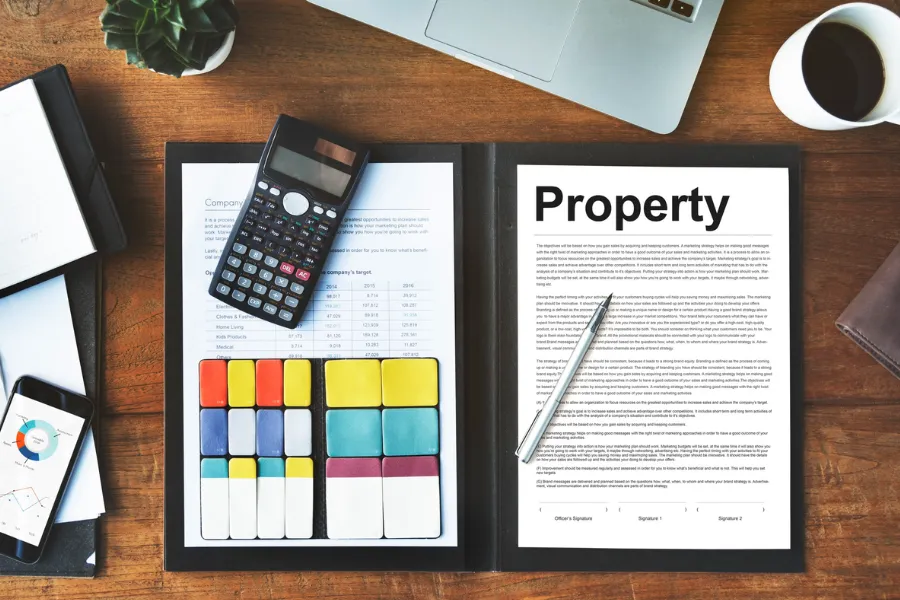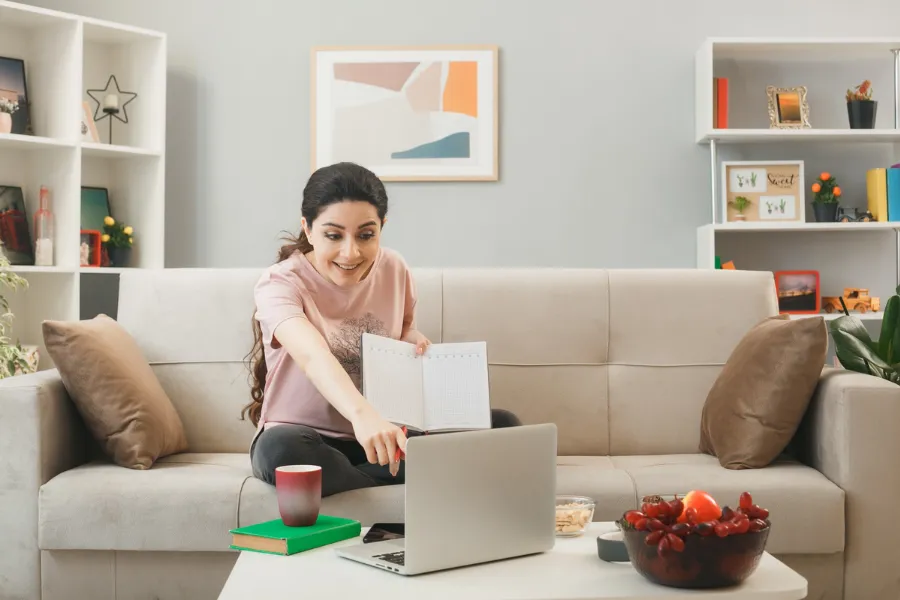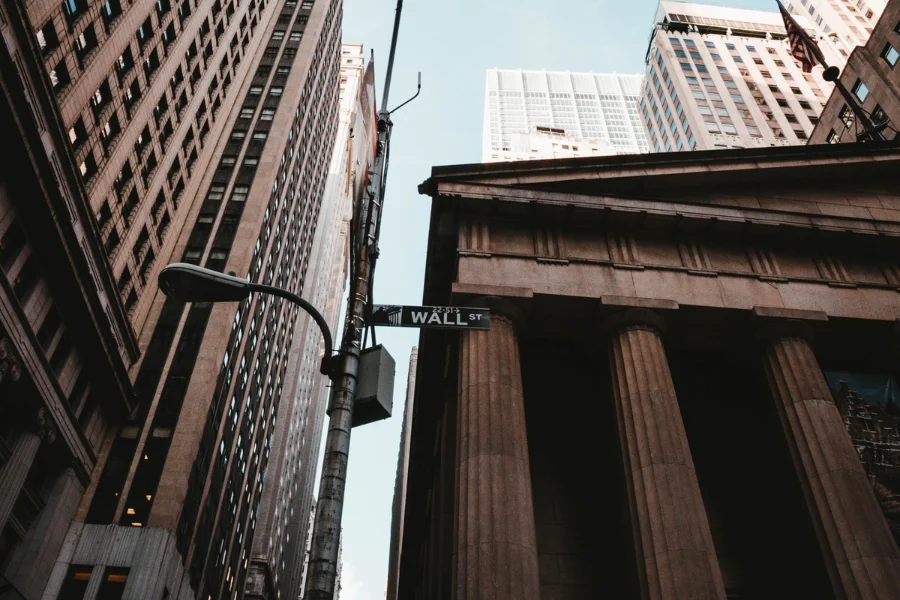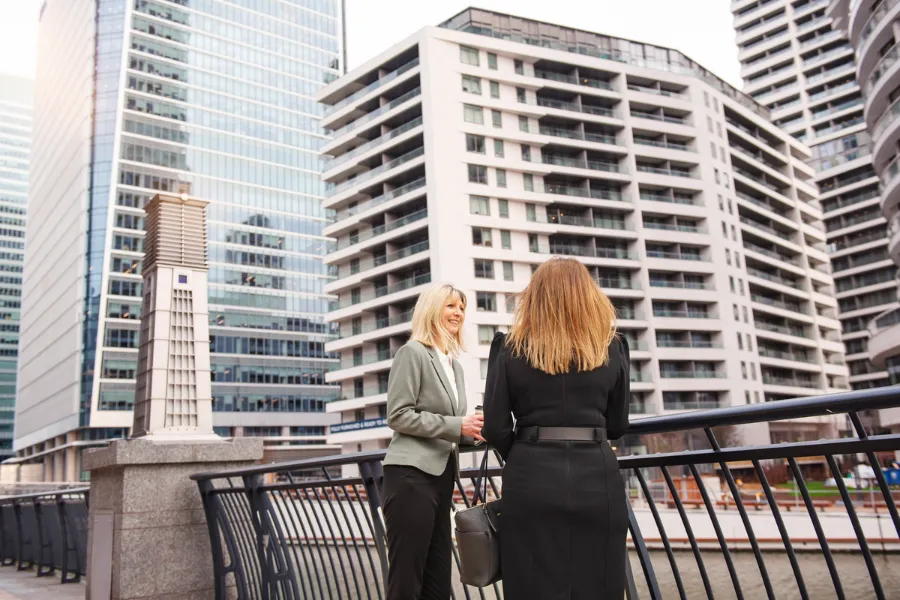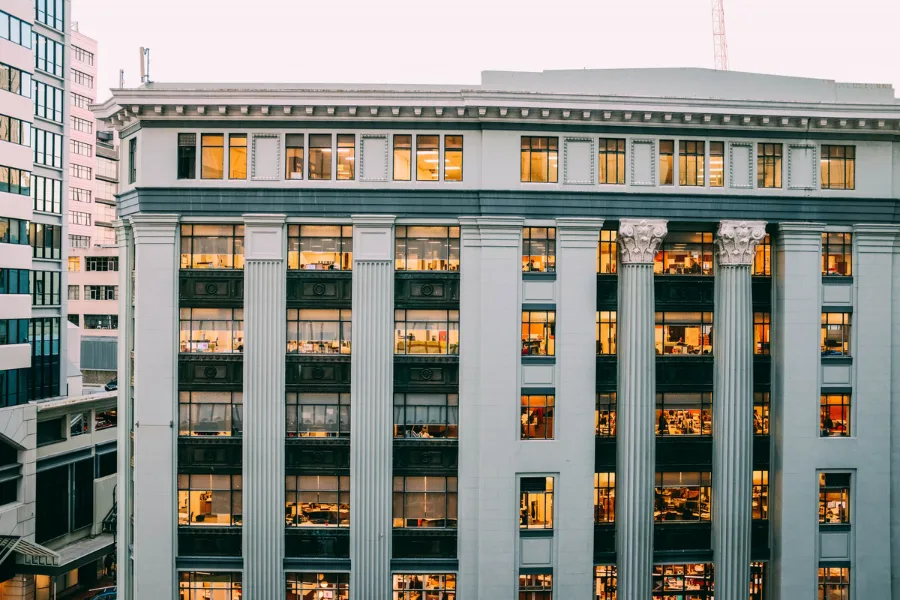Location
Choosing the right borough, the right neighborhood within the borough, and a good location in the neighborhood should be a priority. However, your choices might be limited by the capital you have to invest. If you are investing in the property primarily for rental income, you should look for a convenient location close to transportation hubs and markets.
If you are buying a larger apartment or a brownstone, for which the target tenant pool would be families, make sure it’s in a good school district. A good location can also significantly impact how rapidly your property rises in value.
Property Type
Buying a condo apartment as an investment property can be quite different from buying a brownstone in terms of maintenance costs and the time and energy it requires to maintain the property. Demand cycles for the property types, tenant turnover frequency, rental yield, value appreciation, etc., might all be different for different property types, even if they are in the same or similar neighborhoods. Co-op apartments are not a practical choice for an investment property since the subletting rules are quite tough.
Cost of Investing
There are financial costs, other than the price of the property, associated with investing in real estate, including closing costs. They are higher if you are investing with the mortgage due to mortgage recording tax. There is also the cost associated with managing the property, especially if you outsource part or all of it. This will cut down your profits from the property. Then there is the time cost.
From searching for the right property to invest in to welcoming your first tenant, it can take months to become a landlord. This makes it less appealing than investment options like dividend stocks that may start generating income within a month or, at most, by the next quarter. However, the operating costs (including property tax) associated with real estate investment are balanced out nicely by the tax benefits they offer.
Timing
Understanding whether it’s the right time to buy or not can have a significant impact on your investment. Ideally, you should consider buying in a buyer’s market, but there are other factors in play as well, including the cost of waiting. If you wait four or five months (or longer) for the right market conditions and interest rates, there will be a time cost.
Your capital will not be making money for you and might see slight depletion due to inflation. But if you buy in an unfavorable market, the actual investment cost might be higher while the returns might be the same (via rental income and property value appreciation).
Return On Investment (ROI)
Cap rate, while useful, offers a relatively simple way to compare investment properties or real estate from another investment asset (assuming you are investing the same amount of capital). You can get a clearer picture of your ROI from an investment property if you add factors like tax benefits (including depreciation) to the equation.
A different investment might generate higher monthly returns for the same amount of capital, but if you have a rental income, you may only pay taxes on a small portion of your income. Simply put, you may get to keep more of your investment income from a property.





